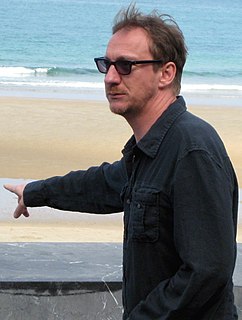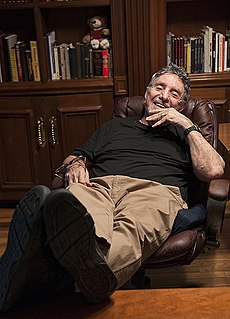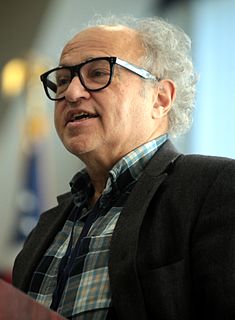A Quote by Bobbie Ann Mason
I used my NEA fellowship to write my novel, 'In Country,' which was published by Harper & Row in 1985.
Related Quotes
My first book published in France was translated and titled Exercices d'Attente in 1972. It was a collection of short works written and published in Romania. In 1973 I was ready to publish the novel Arpièges, which I had started writing in Romanian and of which I had published some fragments under the title Vain Art of the Fugue. Some years later, I finished Necessary Marriage.
I always was interested in prose. As a teenager, I published short stories. And I always wanted to write the long short story, I wanted to write a novel. Now that I have attained, shall I say, a respectable age, and have had experiences, I feel much more interested in prose, in the novel. I feel that in a novel, for example, you can get in toothbrushes and all the paraphernalia that one finds in dally life, and I find this more difficult in poetry.
I always write a draft version of the novel in which I try to develop, not the story, not the plot, but the possibilities of the plot. I write without thinking much, trying to overcome all kinds of self-criticism, without stopping, without giving any consideration to the style or structure of the novel, only putting down on paper everything that can be used as raw material, very crude material for later development in the story.







































